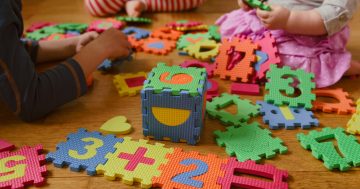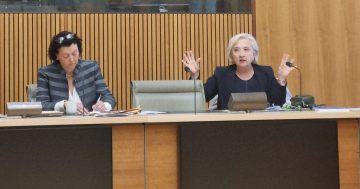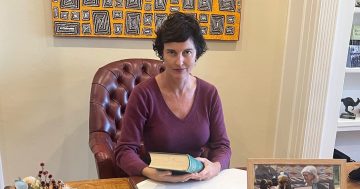 The National Office for Child Safety has released a new set of principles to be adopted nationwide to keep children safe from harm and wrongdoing.
The National Office for Child Safety has released a new set of principles to be adopted nationwide to keep children safe from harm and wrongdoing.
The National Principles for Child Safe Organisations, which have been prompted by recommendations from the Royal Commission into Institutional Responses to Child Sexual Abuse, have been endorsed by all Australian Governments.
The principles were initiated by Ministers for Community Services across Australia and developed by the National Children’s Commissioner through a consultation process.
In a statement, the Department of the Prime Minister and Cabinet, which houses the National Office for Child Safety, said the principles would help institutions around the country develop and maintain cultures and practices that prevented harm to children and young people.
According to the National Office, the principles provide a nationally consistent approach to cultivating organisational cultures that foster child safety and wellbeing.
It said it would be leading the national coordination and implementation of the principles, working with States and Territories and the non-government sector to make organisations safe for children.
It said a range of promotional resources had been developed by the Office of the National Children’s Commissioner and could be accessed on the Australian Human Rights Commission’s Child Safe Organisations website at this PS News link.
Among the resources are an Introductory Self-Assessment Tool for Organisations; a Guide for Parents and Carers; an example Code of Conduct; a Charter of Commitment; a Child Safety and Wellbeing Policy template; and a Checklist for Online Safety developed in partnership with the Office of the eSafety Commissioner.
“In the coming months additional resources will become available, including online training modules on each of the principles,” the National Office said.
Among the 10 new principles are child safety and wellbeing being embedded in organisational leadership, governance and culture; Children and young people being informed about their rights and allowed to participate in decisions affecting them; and families and communities being informed and involved in promoting child safety and wellbeing.
More information, including the new Principles can be accessed at this PS News link.











